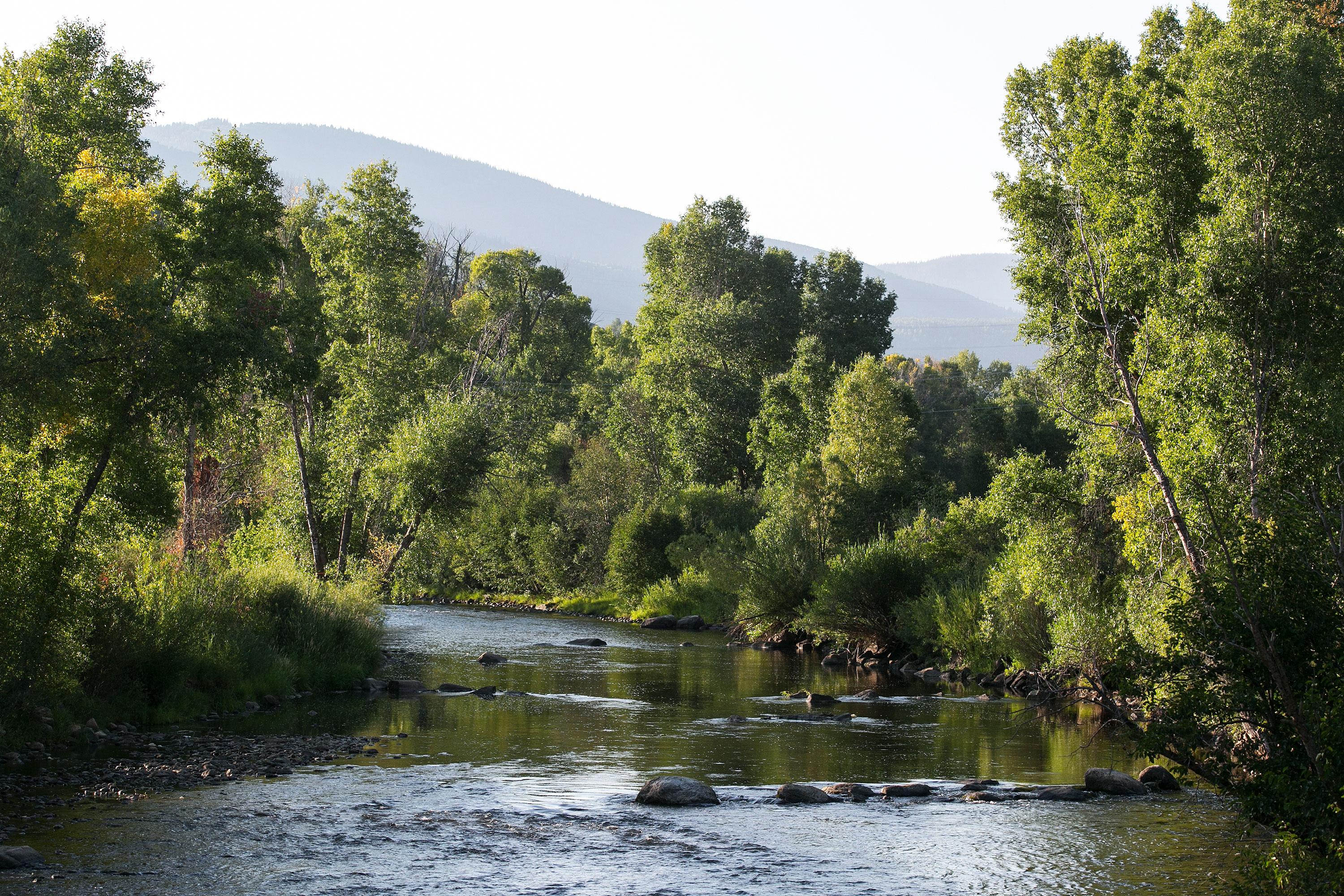

It will be more expensive to hunt and fish in Colorado next year—especially if you live out of state. Campers and hikers will be paying more too. Starting Jan. 1, there will be varying increases to licenses and annual park passes.
Residential annual small game and fishing licenses will each increase by $8 to $28 and $33, respectively. The same $8 increase is applied to deer, elk, bear and mountain lion hunting. But moose, goat and sheep are now $50 more—or $300 each.
Residential license prices haven’t been raised since 2005, in part because it’s required that Colorado Parks and Wildlife to go in front of the legislature to ask for any changes.
Rebecca Ferrell, a spokesperson for CPW, said the extensive process has hindered the agency’s ability to increase fees in a timely way, especially as CPW tries to keep up with the state’s growth and use of its parks.
Last spring, the Hunting, Fishing and Parks for Future Generations Act passed, giving the CPW Commission the power to vote for license increases. The 2019 increases are a result of a commission vote. Ferrell said the prices will now be reviewed annually.
“It doesn't necessarily mean that increases will happen,” Ferrell said. “It just gives our commission the flexibility or commission to look at what's happening. Obviously since 2005 we had a huge influx of people into the state of Colorado. A lot more people are utilizing our parks and a lot more people applying for licenses.”
Nonresident annual licenses will see a much greater increase in 2019—up $40 for fishing to $95, and up $25 for small game hunting to $80. Neither prices had increased since 2006. Big game prices for nonresidents won’t see a change, since those rates have already been increased over the years, Ferrell said.
The prices were determined by the current market value of recreational passes, and will be going forward, Ferrell said.
“So instead of having big major increases every year, it will just be adjusted based on them and what inflation is doing,” Ferrell said.
The agency understands a fee increase is a “big ask” of people. Ferrell said CPW will aim to be transparent with what will happen with the extra funding, as the new Future Generations act requires it to report to the legislature on what the increases accomplish.
Millions of dollars have been cut from the agency’s budget over the past 10 years. CPW sees the license fee increase as a necessity to keep up with dam maintenance, grow fish and big-game populations, and to improve park infrastructure.
There will also be increases to the annual state park pass—up $10 to $80. Campsite rentals will go up between $4 to $11 a night.
The new law has already allowed for the creation of the State Parks Annual Hang Tag Pass, which costs $120. Instead of a sticker placed on the windshield of a single car, the pass is hung on the mirror and can be passed between different vehicles. The hang tag will be available for the first time next year.
Editor's Note: The headline for this story was changed to reflect the fee increases apply to lands outside of state parks as well.









